A Review of The Hero and the Crown by Robin McKinley
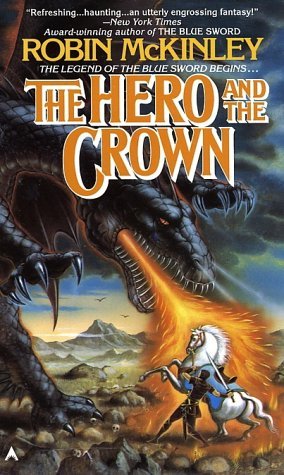 The Hero and the Crown by Robin McKinley
The Hero and the Crown by Robin McKinley
Ace Books (240 pages, $6.99, 1987)
Almost two decades before The Hero and the Crown begins, we are told, a witch seduced the king of Damar.
She married him, bore a child, and then died of disappointment when the child turned out to be a girl, unlikely to take the throne and fulfill her ambitions. Or, at least, that’s the version of the story that everyone knows.
The protagonist of the story is that daughter, a young woman named Aerin. I have to admit to some positive prejudice here: the maladjusted princess is a favorite archetype of mine, and Aerin fits it perfectly. Awkward, prickly, shy, taller than all the other women around her, an outsider in her own family and to her own court — it’s even mentioned that her embroidery is lousy, which has gotten to be a little bit of a cliché.
But she’s also determined, kind, brave, and — interestingly — thinks very scientifically for a quasi-medieval person, so even if you don’t like princesses with problems, I believe she’s a relatable hero.
Shortly after the story begins, we get an extended flashback explaining how she came to her current place in life. At fifteen, Aerin hadn’t yet manifested the magical gifts that mark Damarian royalty. To prove to her cousin Galanna that she truly had royal blood, she ate some leaves from a plant that was supposed to be deadly poison to all those outside the royal family — and nearly killed herself.
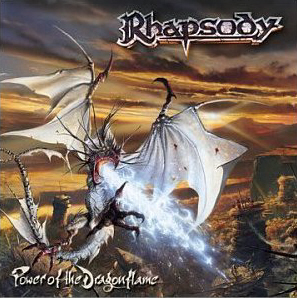 Once upon a time, on a dark winter’s night, a black-clad adventurer came to my apartment to tutor me in the ways of Heavy Metal. Such Metal, that is, as pertained to my favorite genre ever, Fantasy. The long and fraught road leading to this nocturnal excursion can be found
Once upon a time, on a dark winter’s night, a black-clad adventurer came to my apartment to tutor me in the ways of Heavy Metal. Such Metal, that is, as pertained to my favorite genre ever, Fantasy. The long and fraught road leading to this nocturnal excursion can be found 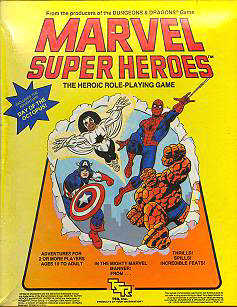 John O’Neill’s editorial in Black Gate 14 touched on gaming, on wargaming and role-playing, and on the way these things shaped the way friends interact. It hit home for me, because I recognised in my life much the same sort of phenomenon John described in his own.
John O’Neill’s editorial in Black Gate 14 touched on gaming, on wargaming and role-playing, and on the way these things shaped the way friends interact. It hit home for me, because I recognised in my life much the same sort of phenomenon John described in his own.
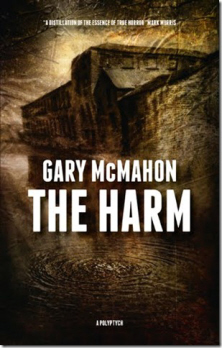 TTA Press
TTA Press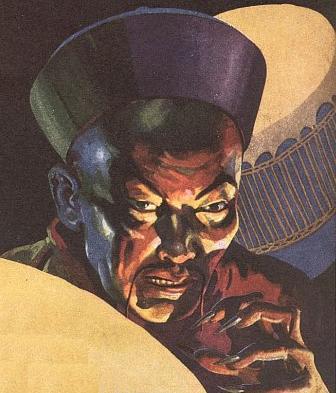
 But what about the single most important aspect of the writing process? Yes, I’m talking about butt-in-chair time. How do you get yourself into a good schedule and motivated to write?
But what about the single most important aspect of the writing process? Yes, I’m talking about butt-in-chair time. How do you get yourself into a good schedule and motivated to write?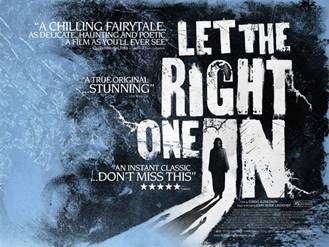 In the name of journalistic integrity, with stomach fortified by a hearty breakfast, I took myself to a Sunday morning matinee of
In the name of journalistic integrity, with stomach fortified by a hearty breakfast, I took myself to a Sunday morning matinee of 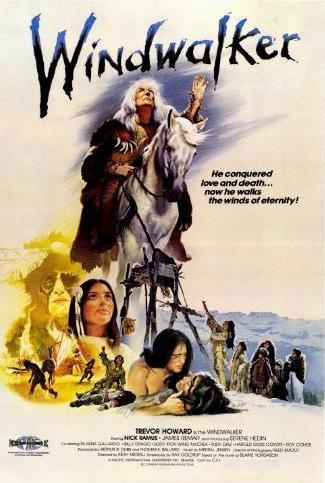 “He conquered love and death…
“He conquered love and death…